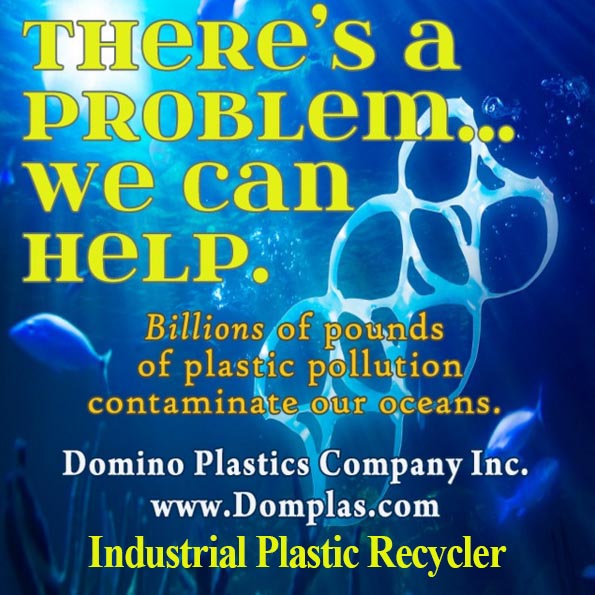The future of recycling could one day mean dissolving plastic with electricity

Chemists at CU Boulder have developed a new way to recycle a common type of plastic found in soda bottles and other packaging. The team’s method relies on electricity and some nifty chemical reactions, and it’s simple enough that you can watch the plastic break apart in front of your eyes.
The researchers described their new approach to chemical recycling in the journal Chem Catalysis.
Read the full story here: https://phys.org/news/2023-07-future-recycling-day-dissolving-plastic.html








You must be logged in to post a comment.